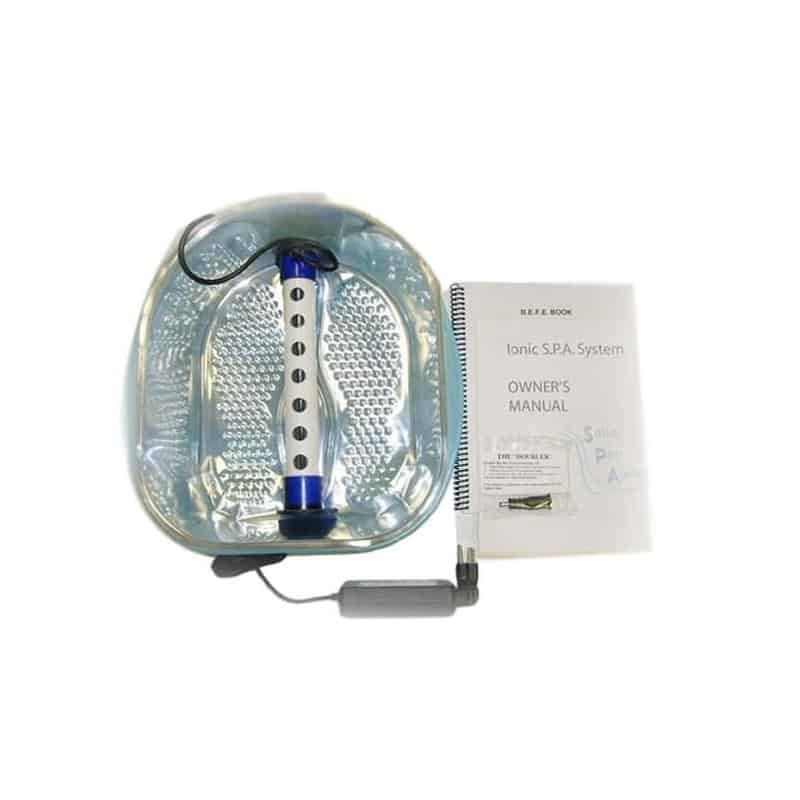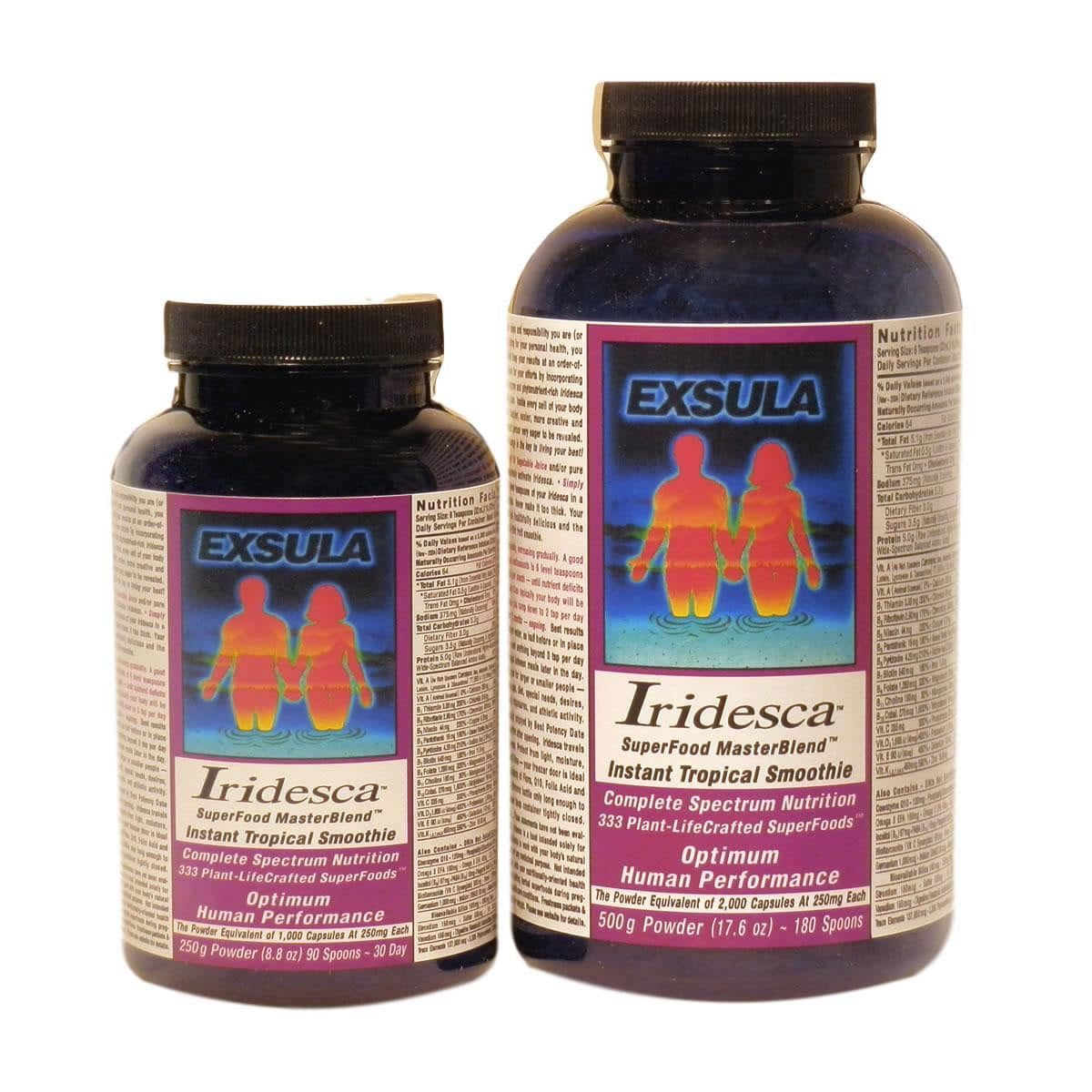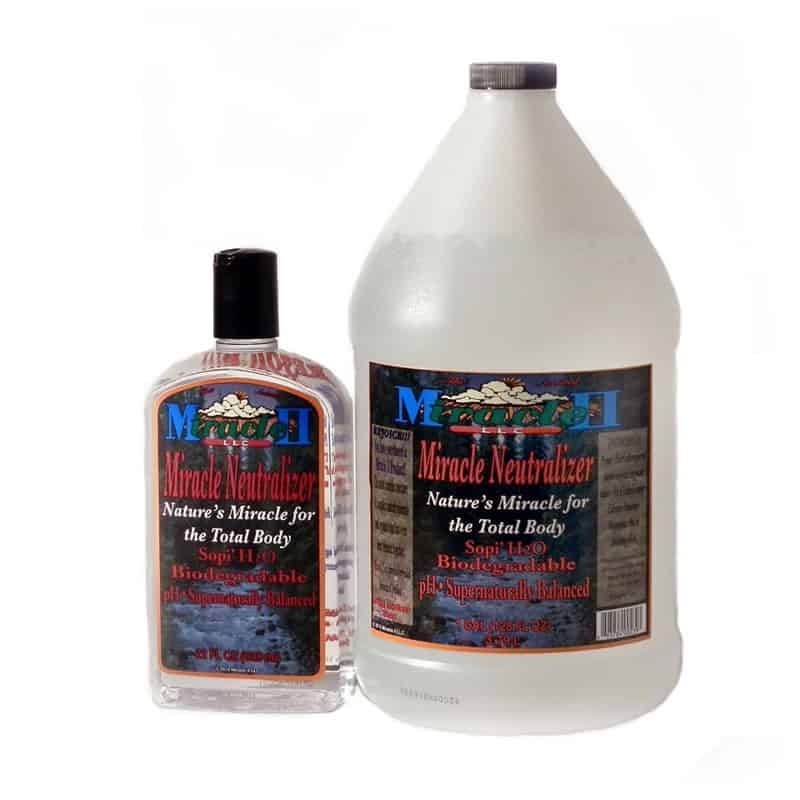No products in the cart.
Gout Basics
The Cause of Gout – Excess Uric Acid
Naturally present in your body, uric acid is used for metabolism, the breaking down of food for energy. When your body is healthy and in proper pH balance, uric acid dissolves in your blood and passes through your kidneys into urine. When your pH levels are acidic from poor diet, stress, and lack of sleep, too much uric acid is produced, or too little is excreted. Too much uric acid can result from purines. They are uric acid producing substances, found in many of the high-protein foods consumed by our society.
From these causes, your blood and tissues become saturated with uric acid. This can cause the formation of microscopic needle-like crystals in joints or surrounding tissues, resulting in pain, inflammation and swelling. This is gout.Too much uric acid does not happen suddenly, but every day over years, more uric acid is produced than excreted. If your body’s balance is not restored, and blood levels of uric acid are not brought down to a manageable level, then new attacks can become more frequent.
Uric acid is the end product of purine metabolism (purines are building blocks of RNA and DNA). The uric acid in your blood can be measured: excess disease is called hyperuricaemia, and does not necessarily cause gout, as the body does eliminate some of the excess. Blood testing for uric acid will not show the amount of crystallized uric acid in connective tissue, that is gout.
How To Prevent Excess Uric Acid, and Prevent Gout
Determine your Metabolic Type
When your body gets its required nutrients, it can clean, repair and maintain itself. Find your specific Metabolic Type to determine what foods contribute to your health. And which foods take away your well being. Learn how to construct meals to build health instead of disease.
Metabolic Typing is THE tool you need for optimal health. Feeding your unique body type is the single most important principle that affects your maximum performance in all aspects of life.
Become a Vegetarian
Gout is a disease of over-eating of protein foods by people whose metabolic type is suited to eating mostly vegetables and fruits. The simplest preventive solution is vegetarianism. The simplest therapeutic solution is raw-food vegetarianism and fasting. If you are not willing to give up food altogether, do a “pseudo-fast” by simply not eating meat while drinking lots of water. Increased Vitamin C consumption improves urinary excretion of uric acid. (Cheraskin, Ringsdorf Jr., and Sisley: The Vitamin C Connection, Harper and Row, 1983.) Buffered ascorbate “C” apparently works better for some, ascorbic acid for others. (see Metabolic Typing to understand which is right for you)
The easiest solution is eating cherries. Lots of cherries, cherries by the bucket. Sour cherries work best, but fresh sweet cherries will help a great deal as well. This time-tested remedy may seem almost too simple to work, but it does. You just go ahead and try. If you suffer from gout, the following foods are high in Purines, and should be avoided: organ meats (liver, brains, kidney, tongue, tripe and sweetbreads), anchovies, herring and mackerel. Smaller amounts of purines are found in all meats, poultry, fish, shellfish, fish roe, scallops, peas, lentils, and beans.
Avoid Alcoholic Beverages
Consuming too much alcohol (especially beer) can inhibit the excretion of uric acid, which can lead to gout. Generally speaking, too much alcohol is more than two drinks a day for men, and more than one for women. If you’re having a gout attack, it’s best to avoid alcohol completely.
Drink Plenty of Energized Water
Water, especially Energized Water will dilute uric acid in your blood and urine.
Genetics, Gender and Age
One out of four people with gout has a family history of the condition. Gout affects mostly men, usually between 30 and 50 years of age. Premenopausal women generally have lower uric acid levels, that tend to increase after age 50, along with the increase incidences of gout.
Medical Conditions and Drugs
Medical conditions that can cause gout include high blood pressure (hypertension), diabetes, high levels of fat & cholesterol in the blood (hyperlipidemia), and narrowing of the arteries (arteriosclerosis). Surgery, sudden or severe illness or injury, and immobility due to bed rest also can increase uric acid levels. A less common cause is longstanding kidney disease.
Drugs that can cause excess uric acid include thiazide diuretics (used to treat high blood pressure), low-dose aspirin therapy, and anti-rejection drugs (prescribed for people who have undergone a transplant). Chemotherapy drugs that increase the breakdown of abnormal cells, release large amounts of purines into the blood, raising uric acid levels. There’s no short-term way to prevent gout, but keeping uric acid levels within a normal range is the key to being free of this painful disease.
How To Naturally Stop Gout and Support Healing
The most important route to vital health, and to naturally prevent and cure gout is:
- Regular cleansing to detoxify
- Proper nourishment
- Keep neutral pH balance in your body.
Step One: Cleanse and Detoxify
Regular cleansing of your body will begin the healing of discomforts and diseases, and bring you into a more vibrant state of health. Every system in your body will function more efficiently. To be free of discomforts, you must remove the underlying cause, or the condition will return. It takes time to clean a body that has been accumulating toxins over a lifetime, but the rewards will be well worth the time and effort.
Step Two: Proper & Adequate Nutrition
When supported with proper nutrition from food, your body can heal arthritis and maintain a state of health. With the proper foods eaten at the right times, your body efficiently absorbs nutrients, and eliminates toxins, resulting in a healthy immune system that can heal and be free of pain and disease. Learn to obey the laws of nature: eat simple & natural foods, properly prepared & combined, and your body will be happy to restore and maintain vibrant health.
Nourishment from food should maintain your ideal weight. Your ultimate diet is 80% raw food (organic, if possible), including some live foods, that are still growing (sprouts, wheat grass, fresh picked garden salads). This diet includes more grains, vegetables and fruits than protein, which should come mostly from non-animal sources like nuts (almonds, apricot nut, hazelnuts), legumes (beans, peas, lentils), and seeds (hemp seed hearts, flax, sesame).
Step Three: pH Balancing
A critical factor in curing arthritis is balancing the pH in your body. This creates a healthy internal environment and immune system. Total healing of chronic illness takes place only when your blood is restored to a normal, slightly alkaline pH. The magnitude of this is of incredible importance to someone who is fighting a disease, overcoming an illness, or just wanting to feel better. Our overly acidic society is producing very high rates of diseases. Your body is an amazing naturally self-correcting system: if you work with it, it is capable of tremendous self healing.
Natural Therapies for Gout Pain Relief
Himalayan Crystal Salt Brine Therapy
Eating common table salt results in the formation of edema, or excess fluid in body tissue, which is also the cause of cellulite. Doctors tell us to avoid salt (sodium chloride) because it is harmful. For every gram of sodium chloride your body cannot get rid of, it uses 23 grams of water to neutralize the salt.
If the sodium chloride is still too high, your body re-crystallizes it by using available dietary (animal) proteins, which also cannot be broken down and eliminated. Your body uses these proteins to produce uric acid, in order to get rid of the excess salt. As your body cannot dispose of uric acid, it binds with the sodium chloride to form new crystals, that are then deposited directly in your bones and joints.
This is the cause of different kinds of rheumatism such as gout, arthritis and kidney & gall bladder stones. This re-crystallizing is your body’s “band-aid” solution for cells and organs, to protect them from irreparable damage of irresponsible food intake. In the long run, it poisons your system because those substances cannot be disposed of.
Exercise is Essential for Vitality And To Be Free From Gout
Exercise, to be rid of gout pains, should include stretching to maintain & increase all joints’ range of motion, strengthening to stabilize joints, and endurance to increase stamina. You should also reduce repetitive joint use, and avoid sports injuries with proper warm-ups, and choose appropriate sports equipment.
Complications of Gout
When uric acid levels have been high for a long time, and acute gout has been frequent and severe, deposits of uric acid salts may appear around the affected joint, and even in other tissues such as the ears. They appear as chalk colored bumps, called tophi. Long term high uric acid levels can lead to kidney damage. Some people with gout develop kidney stones.
Crystal deposits also cause another condition, known as false gout, or pseudogout. Instead of crystals formed from uric acid, pseudogout crystals are made of calcium pyrophosphate dihydrate. They can affect the big toe, but more likely the large joints, such as your knees, wrists and ankles. These complications show a critical need for removing the preexisting conditions of gout (acidic pH and high level of uric acid) through the processes of Cleansing, Nourishing, and Balancing Your Body’s pH, as mentioned above.
Dealing with an Acute Attack of Gout
Drugs used for acute attacks (typically nonsteroidal anti-inflammatory) have no effect on reducing uric acid levels, and they have a limit as to how much pain they can control. But most importantly, the preexisting conditions of gout remain, and attacks will continue to burden you. You must take measures to reduce uric acid levels.
Gout Risks Factors and Wellness Tips
Gout is caused by the presence of too much uric acid in the blood. While having high uric acid levels is not a disease in itself, it becomes a problem when uric acid crystals are deposited in the joints and surrounding tissues.
What are Your Risk Factors?
- Genetic factors. Approximately one in four people with gout have a family history of the disease. In some families, the enzyme that helps the body break down purines is missing.
- Consuming a steady diet of foods that are high in purines. (Foods that are high in purines break down in the body to uric acid.) Purine-rich foods include organ meats, herring, mackerel and trout (beans and peas also contain purines; however, at lower levels).
- Eating to excess. Habitual heavy eaters often develop gout because large quantities of food increase the amount of uric acid produced by the body.
- Taking certain medications. Drugs that reduce the body’s ability to remove uric acid, such as diuretics (water pills), salicylates (ASA, Aspirin), cyclosporine (Neoral) and levodopa (Prolopa) contribute towards the development of gout. Since the vitamin B3 (niacin) raises uric acid levels, it may also contribute toward the condition when used in excess.
- Having certain degenerative conditions that give rise to excessive breakdown of cells. This can increase serum purine levels which in turn increase the amount of uric acid in the body.
Acute symptoms of gout (flare-ups) seem to happen more frequently under certain conditions. These include:
- Having an infection
- Having sustained a joint injury
- Having surgery or being hospitalized
- Overindulgence in alcohol or purine-rich foods
- Being stressed
- Being dehydrated
Wellness Tips
The following tips will help you manage gout more effectively:
- Avoid purine-rich foods. Purines are found in many animal products with the exception of eggs. Organ meats (liver, heart, kidneys, sweetbreads), herring, mackerel, anchovies and trout are particularly rich sources. Broths and gravies are also to be avoided. (Beans and peas contain a moderate amount of purine and should be limited to 1-2 servings per day).
- Although a peanut is technically considered a legume, its purine content is low (less than 50 mg per 100 grams) compared to other more common legumes such as lentils, peas & beans which has 50 – 150 mg purine per 100 grams
- Control your weight but avoid crash diets and rapid weight loss which can give rise to acute flare-ups.
- Increase your fluid intake. Drinking plenty of fluids helps to dilute uric acid in the urine. This helps prevent the formation of kidney stones made from uric acid. Drink 2 to 3 liters (8 to 12 cups) of fluid each day. Water, herbal teas, vegetable juice, milk, unsweetened fruit juices and soup all contribute to your daily fluid intake.
- Limit alcohol and caffeine. Alcohol contains purines and also interferes with the body’s excretion of uric acid. Beer is particularly bad as it is rich in purines. Heavy drinking also increases body weight and blood triglycerides, two factors also implicated in the development of gout. Speak to your doctor about the use of alcohol. Moderate, drinking (one drink a day) is unlikely to increase your risk of a gout attack.
- Consider vitamin B12. If you take the medication colchicine for gout, consider taking a vitamin B12 supplement, since this drug impairs the body’s ability to absorb B12. Vitamin B12 is found exclusively in animal foods such as meat, poultry, eggs, and dairy products. With the exception of eggs and dairy produce, these foods should be limited due to their purine content. Fortified soy and rice beverages also contain B12.
- Consume black cherries. Recent studies have suggested that intake of black cherries may benefit people suffering from gout (the gout preventative qualities of cherries seem to be the result of plant compounds found in cherries called anthocyanins).
- To reduce inflammation – add more raw seeds such as pumpkin and flax seeds and perhaps fish oil supplements to your food intake; these foods contain health promoting omega 3 fatty acids, to reduce joint inflammation. Increase your intake of fresh fruit and vegetables; cut down on foods rich in hydrogenated oils (trans fats) and animal fats (arachidonic acid), particularly fatty meats (beef, pork) and high-fat dairy products.
- Celery seeds are a traditional food-based remedy that has been observed to help halt gout flare-ups
- Consult your doctor / healthcare professional about new food-based non-drug supplements formulated to help improve quality of life such as Recovery with Nutricol. Recovery has been developed to improve circulation to tissues, speed repair and slow or halt tissue damage.
The following are purine rich foods:
- Organ meats such as liver, kidney, heart, brain, etc.
- Selected fish and shellfish ie. ikan bilis, sardines, mackerel (including selar, tenggiri & kembong), herring, salmon, fish roe, cockles and mussels
- Meat & yeast extracts such as Bovril, Marmite, Vegemite, essence of chicken, brewer’s and baker’s yeast
- Meat soups & stock cubes especially Bak Kut Teh
- Game meat i.e. venison, black chicken, pigeon, goose, duck, etc.
- Beans & lentils such as tofu, soya bean, bean fillings, etc.
- Selected vegetables ie. spinach, rhubarb, asparagus, cauliflower, mushrooms & peas
- Strawberry, strawberry jam, durian, tomato & tomato products.







